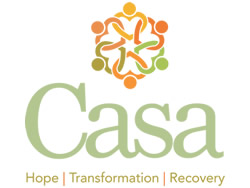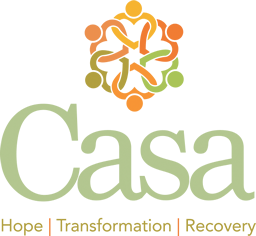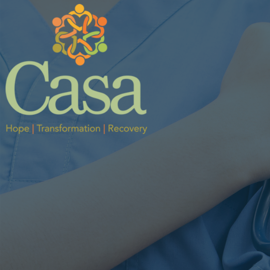by Cynthia Schick
I kept closely to Jewish tradition when my son was growing up and every time he’d ask why we were doing one thing or another for the Sabbath or a holiday, I’d borrow a line from Topol in Fiddler on the Roof and answer “Tradition!” Some of our traditions would probably look bizarre to someone not familiar with them the same way the Pamplona Bull Run looks crazy to me, but they were ours and we kept them. They provided touchstones, rhythm to the calendar, meaning to our lives. They reinforced our identity and kept us connected to one another and to others who observed them.
Recovery traditions sometimes look a little strange to those new to it. It’s been observed that when we applaud or give a birthday cake for sobriety milestones, we are applauding ourselves for doing the equivalent of running out of a burning building.
We laugh. We understand how it must seem—especially to those who wanted so badly to pull us from the fire.
If you look closely, you’ll see that recovery traditions often have a purpose. Celebrating sobriety milestones such as 30, 60, 90 days sober with chips or keytags and the annual sobriety anniversary with a cake increases our investment in the day we began a new life. Standing up at a twelve-step meeting and “taking a chip” helps others begin to know us and friendships begin to form.
Most would agree that the most revered tradition in recovery is the mandate to “pay it forward,” or help others. It’s a tradition pulled from before there were any such things as treatment centers or twelve-step programs, going back to spiritual and religious organizations from the early 1900s, and likely before that.
But AA’s immediate predecessors made a connection that went beyond the character-building aspect of being of service. They concluded that alcoholics and addicts could ensure their own sobriety by helping others stay sober. This revolutionary idea has since become the cornerstone of sobriety efforts around the world. It seems to translate into any approach to recovery and any culture and, wherever it’s put into practice, it thrives and thus becomes—tradition.






